John Rivenburgh hadn’t planned to become a winery owner until a pair of colleagues made him an offer he couldn’t refuse.
Rivenburgh, who owns Kerrville Hills Winery in the Central Texas Hill Country, had been working as a consultant in the Texas wine industry and was enjoying his new career that he had fashioned for himself years after co-founding Bending Branch Winery in Comfort, Texas.
But one day, fellow board member Carol Milburger told Rivenburgh she and her husband, Wayne, were planning to sell Kerrville Hills, a winery they’d begun in 2008 as their retirement career.
Under Rivenburgh, Kerrville Hills is a boutique winery but also an incubator, where it teaches its clients/members to operate equipment, makes available equipment for them to use, and helps burgeoning wineries with their winemaking and bottling process. But at the time he bought it, Rivenburgh’s idea was to have his own brand and his own little winery.
Not so fast, said clients from his other life as a winemaking consultant.
“Some of my clients still needed my help, and it was beneficial that I was in my own brick-and-mortar facility, so they stayed around,” Rivenburgh said. “My goal was to operate this place as a high-end boutique winery, make some killer wines, operate it for a few years, and if someone wanted to buy it, fine … the Randall Grahm method of operation.”
The incubator concept grew legs in the early days of the COVID-19 pandemic, when shutdowns and occupancy limits strained entertainment-oriented businesses everywhere.
“It was during the pandemic, and we asked ourselves what we should do,” Rivenburgh recalled. “I had a good reputation as a winemaker and brand grower, and during the shutdown, people still wanted to start wineries and increase their skill sets. I sat up one night and said, ‘This is what we’re going to do. We’re going to be an incubator.’ I never wanted to be a custom crush operator. You can take a plant manager and do that — you need some nuance to be a wine incubator.
“Utilizing our facility, we can create a pathway for people to teach them how to make wine and learn to run equipment without the full-blown expense of having to start from scratch. Most people who take a class don’t know how to run the presses or any of the equipment. They don’t know what the chaotic schedule of a winery is like. We wanted people to be able to come and see a winery running, and help them with their marketing and overarching brand building.
Read More: What Flash Detente is, and why this winery is trying it
“People loved the idea of being able to come here and make wine as a group, in a think tank, with some training wheels.”
A visit to a state-run wine incubator in Walla Walla, Washington years ago gave Rivenburgh the framework for his idea.
“I fell in love with the concept,” he said. “I’ve always been a Texas-first guy, and I liked the idea of helping wineries spread their monetary capital out and having a way for them to build a network without cold calling, while shaping what Texas quality wines are all about.”
Brands are not required to disclose that they’ve used the incubator to get going, but many are fairly open about it, Rivenburgh said.
Helping Texas wineries evolve is something Rivenburgh holds near and dear. As President of Texas Hill Country Wineries, he’s a fierce advocate for Texas’s wines and says they have made great strides in the past decade.
“Texas is in a very unique spot,” Rivenburgh said. “I think we can take the Pepsi Challenge with just about anyone.
“(When we’ll catch up will be when) we all finally start making wines that are specific to what the fruit in our region gives us. There are wines that are unbelievable here, and some of them are better than what you can get on the West Coast.”

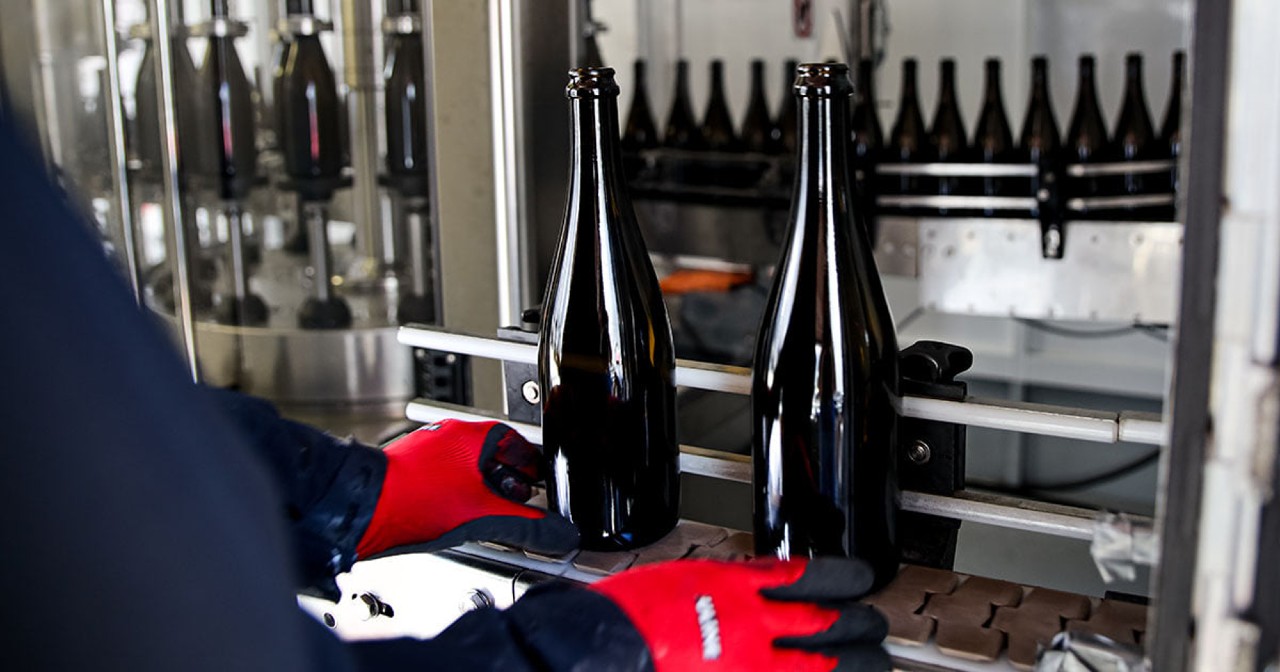
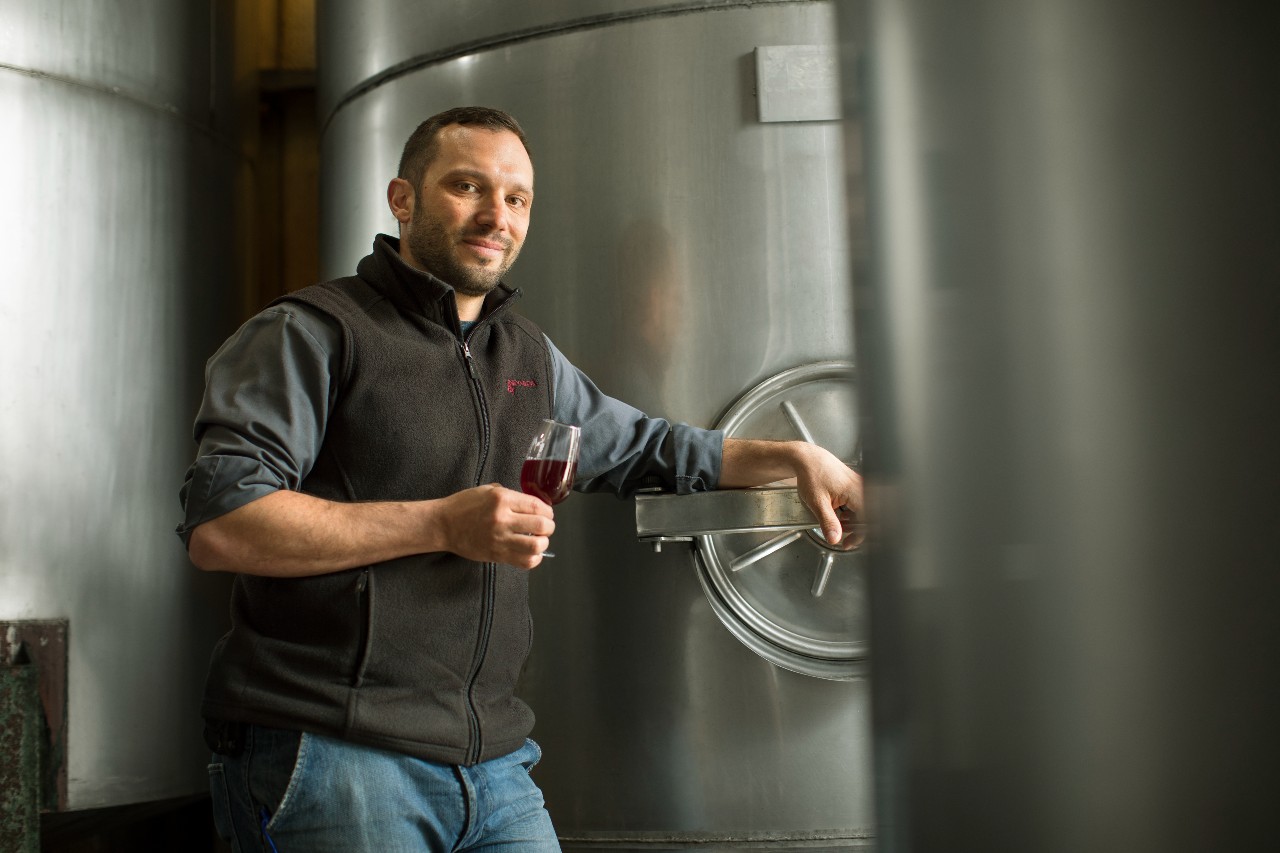
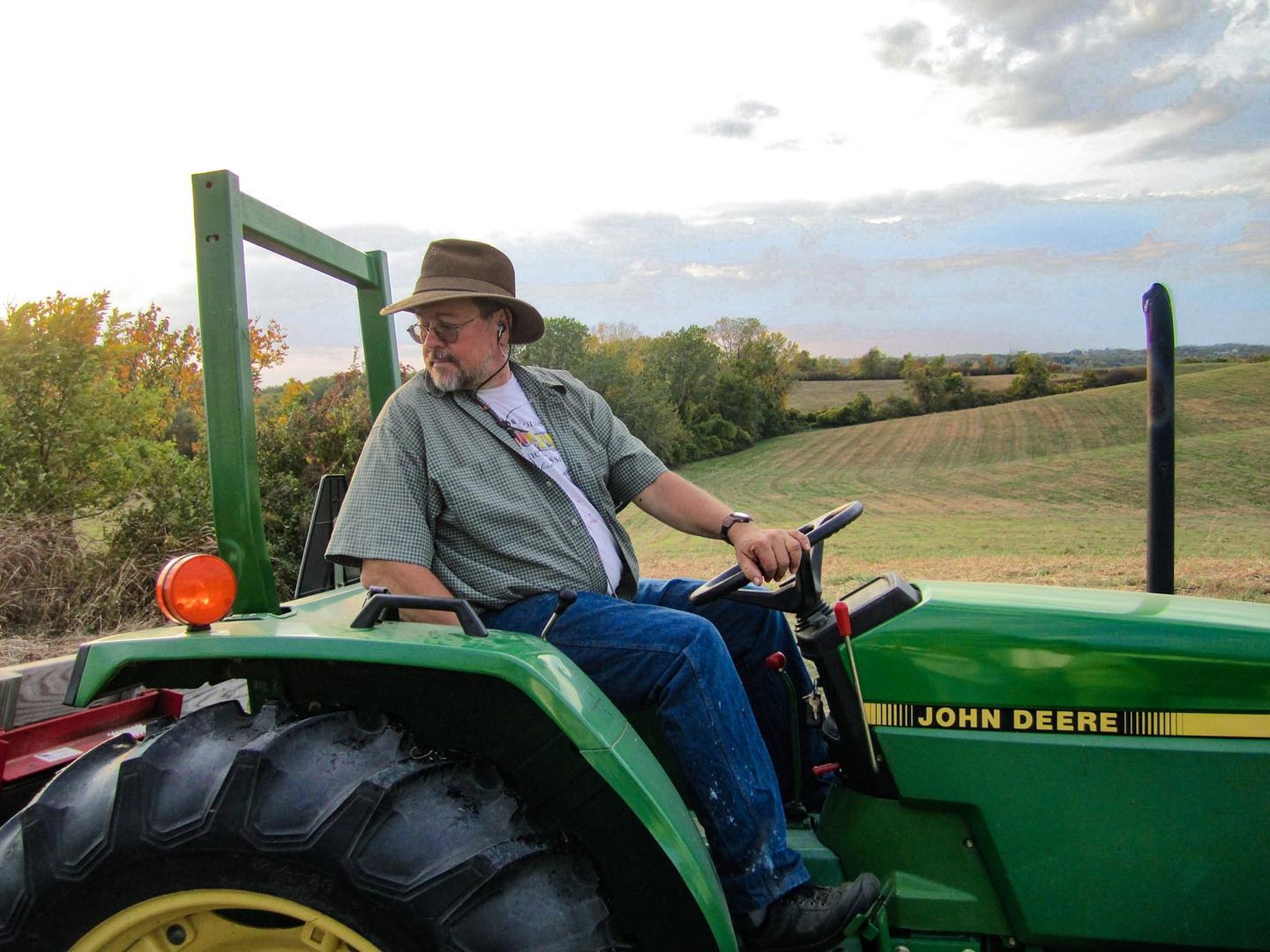
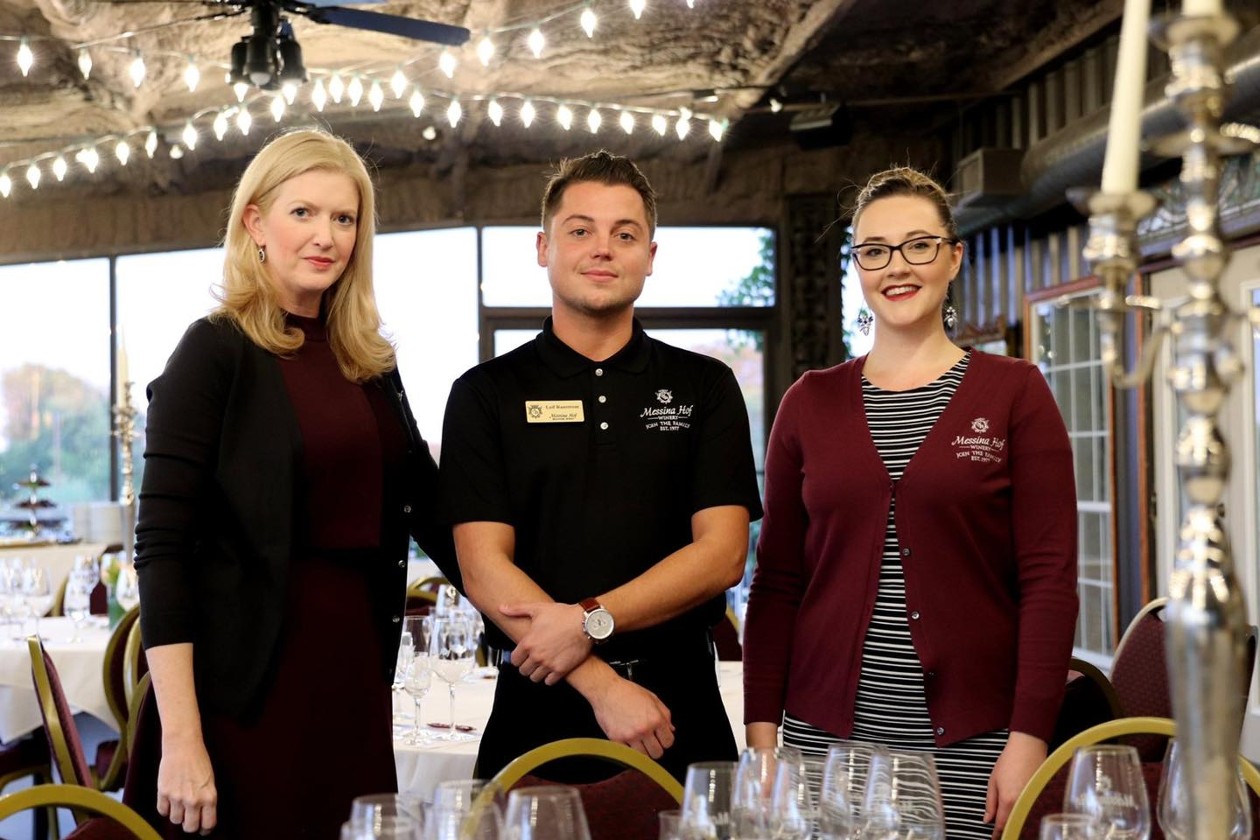
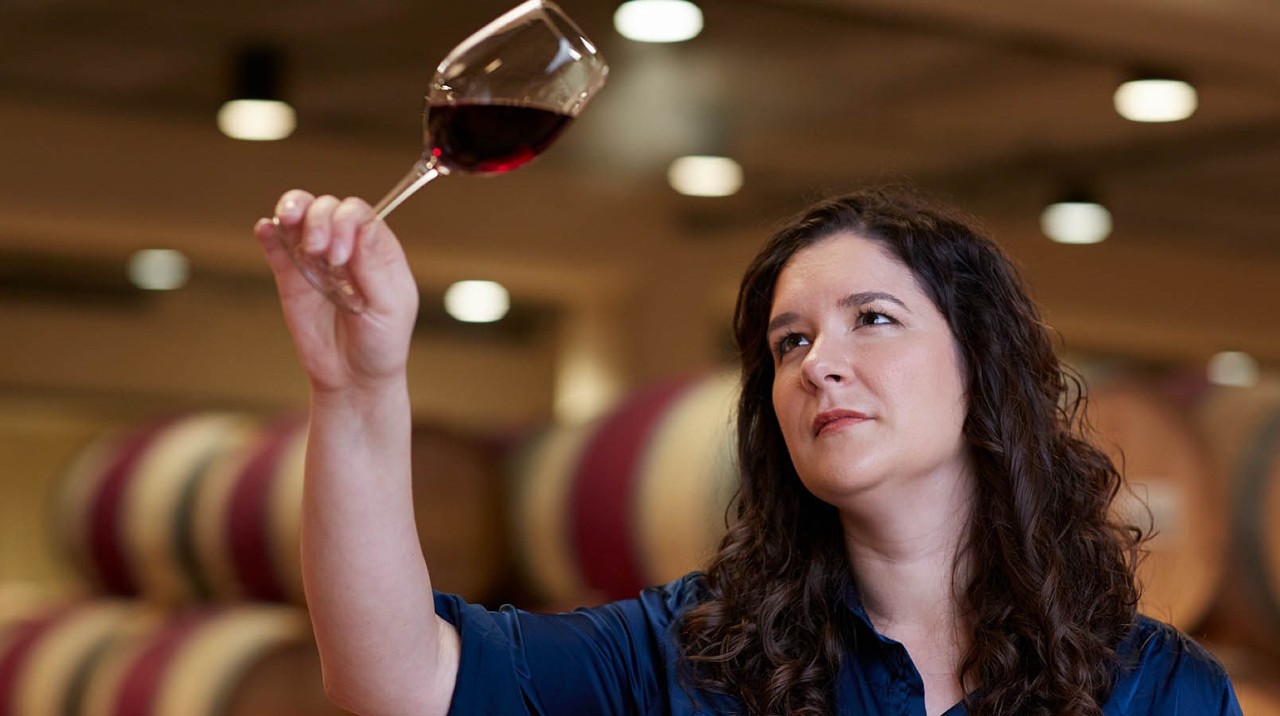

Be the first to comment